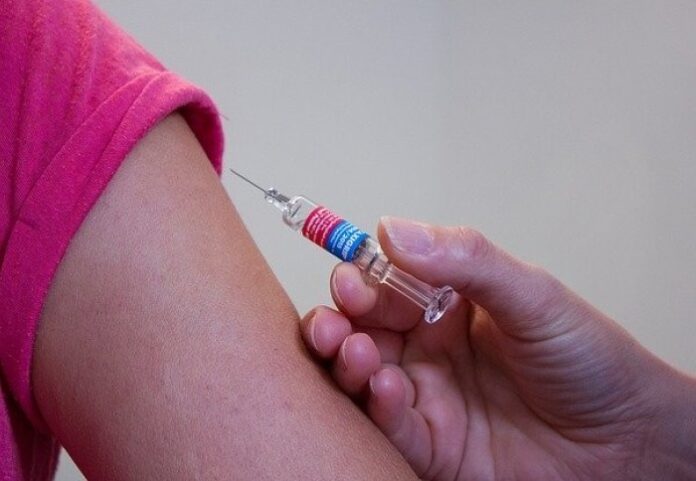Around 1 in 10 individuals are missing or delaying their vaccinations due to COVID-19, according to a new Imperial College London report.
Survey responses from more than 23,000 individuals across 23 countries reveal that around half of those who haven’t been getting vaccinated are babies or children aged 17 or under.
Many people stated that they were fearful of catching COVID-19 at the clinic. This was the most commonly reported reason for not getting vaccinated, followed by clinics being closed or not offering vaccines due to the pandemic, and recommendations from healthcare professionals to delay or miss vaccinations. Some people were worried about contracting COVID-19 when leaving the house.
The report was produced by the College’s Institute of Global Health Innovation using nationally-representative survey data gathered in partnership with YouGov.
“There is growing evidence that there is likely to be an increase in preventable diseases, that will further exacerbate strains on the global health system, due to missed vaccinations.
“Now more than ever, we urgently need to increase uptake of vaccines by developing vaccination programmes that will be safe and effective during the COVID-19 pandemic and delivering well-coordinated public health campaigns,” said Sarah P. Jones, health behaviour researcher IGHI and co-creator of the http://www.coviddatahub.com/, which has tracked COVID-19 health behaviours from over 347,000 people in 29 countries since March 2020.
Spanning May 14th to July 6th, the responses reveal global differences in vaccination trends. European countries were among those with the lowest levels of delayed or missed vaccinations. Across all countries surveyed, respondents in the UK were found to be the least likely to have delayed or missed a vaccination due to COVID-19, where only 3% of respondents revealed that either themselves or someone in their household had done so. This was followed by Denmark at 4%.
In contrast, Brazil and Vietnam had the highest rates, where almost 1 in 5 (18%) reported missing or delayed vaccinations.
Melanie Leis, director of the Big Data and Analytical Unit at IGHI, said: “We are only beginning to explore the impact that this pandemic will have on long-term population health. Our data reveal that one indirect but worrying consequence of the pandemic is missed and delayed vaccinations. We hope that this data can be used by health authorities to better understand and address this growing area of concern.”
The report is part of a wider initiative launched by IGHI in partnership with YouGov, which is using bi-weekly surveys to track how populations from more than 20 countries are behaving over time in response to COVID-19







